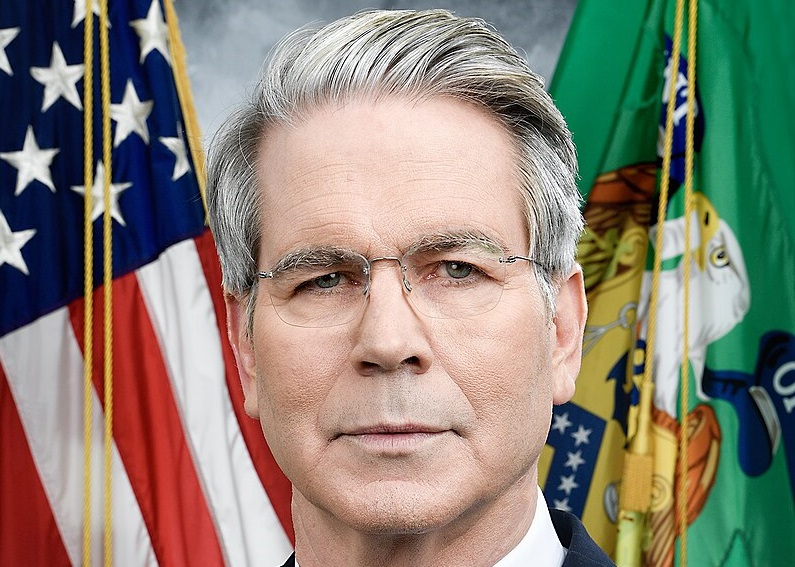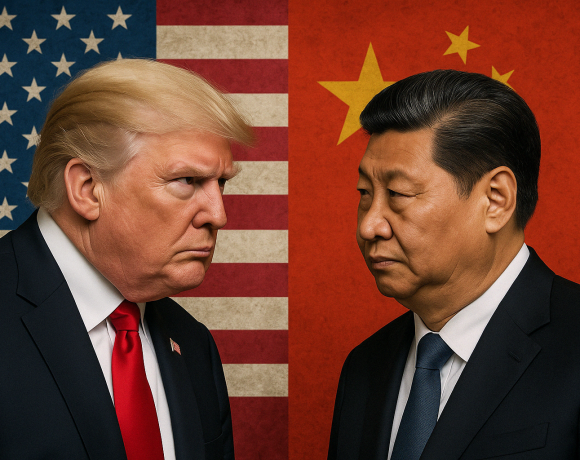
New H-1B Policy: “Train Americans, Then Go Home”
Scott Bessent, U.S. Treasury Secretary, outlined a new direction under President Donald Trump’s administration for the H‑1B visa programme. He said the visas will now be more temporary in nature—bringing in highly skilled foreign professionals for a limited period so that they can train American workers in industries like ship-building and semiconductors, after which they return home.
Objective And Mechanism
Bessent described the initiative as a “knowledge transfer” strategy. He emphasised that the foreign professionals are not meant to replace U.S. workers but to train them. The intention is to rebuild domestic capacity in sectors where the U.S. has experienced decades of outsourcing and skill erosion. According to the statement, visas under this policy may span three to seven years before the workers return to their home countries and Americans take over the roles.
Implications And Concerns
The change signals a major shift in the H-1B policy, moving from longer term employment to a short-term training model. For foreign workers and major tech firms that rely on the programme, this may mean shorter stays and different career trajectories. Critics worry this could reduce opportunities for permanent employment under H-1B, while advocates argue it refocuses the system on building U.S. workforce capacity. The policy also reflects the administration’s broader push to reshore critical manufacturing and technical industries.


















